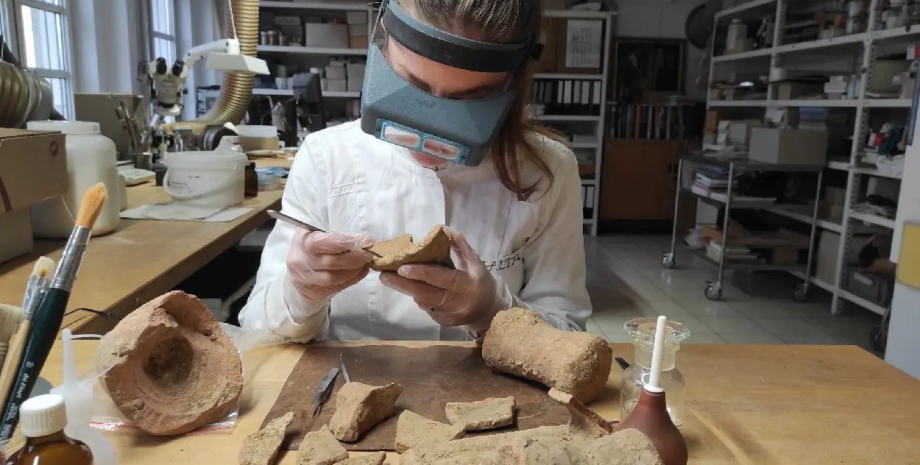
 By Natali Moss
By Natali Moss
These amphorae, which come from various sources, serve as a testimony to hostilities in the Paderborn region, HeritGedaily writes. In focus, technology appeared its Telegram channel. Subscribe not to miss the latest and most intrusive news from the world of science! Similar amphorae were found mainly in military camps, such as Galterne-AM-SEE or Bergkhaken-Eden. Therefore, the finding of these amphorae in the city of Paderborn is a significant event, according to Professor, Dr.
Michael M, Director of LWL Archaeological Service in Westphalia. The ancient derivative camp, which is supposed to be supposed to match the typical design of such structures. The camp planning probably covered the polygonal area located on the top of a high flat hill surrounded by an earthen shaft and a V-shaped moat in the foreground.
In addition, excavations have found two field stoves that give an additional idea of the daily activities and daily row of the Roman military during the campaigns. These furnaces are built by digging a pit in the form of eight 60-80 cm. The field stoves were usually installed in temporary campaign camps and served for baking bread in breaks between hikes.
For a better understanding of chronology, charcoal samples, collected from furnaces, were sent to the King University for dating using the radiocarbon method. The results of this analysis showed that these furnaces were built and used during August's campaigns to Germany, about 12 BC. These campaigns marked a number of conflicts between the Roman Empire and the Germanic tribes, at the center of which territorial expansion.
The discoveries made during these excavations not only enrich our understanding of military activity in the Paderborn region, but also emphasize the importance of the area in a broader historical context. The find of Roman wine amphorae in the city of Paderborn, along with the presence of field furnaces, makes it possible to look into the daily life and life of Roman soldiers during their campaigns in Germany.




















Všetky práva vyhradené IN-Ukraine.info - 2022